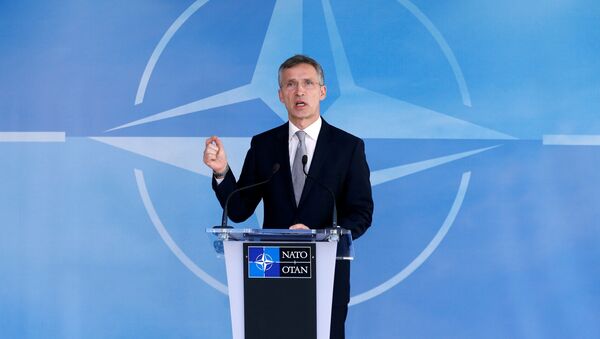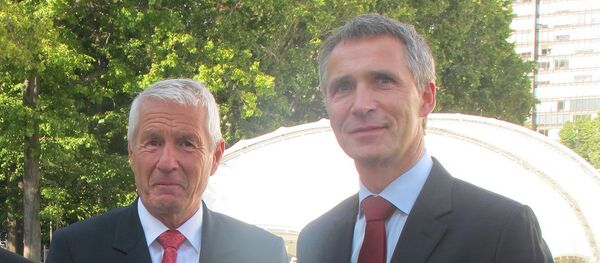Stoltenberg was convinced that Boris Kirillov, cultural attaché at the Soviet Embassy in Oslo, was part of the intelligence service (KGB), tasked with recruiting Norwegian agents and confidential informers. Nevertheless, Stoltenberg's regular contacts with Kirillov continued until 1990, when he was warned of further interaction by the Norwegian Police Security Service.
"It later emerged that the contact with Kirillov gave me a folder and a code name in KGB archives. I was 'Steklov,' Stoltenberg wrote in his autobiography. According to the Norwegian broadcaster NRK, this was the common practice for people "at an advanced stage of recruitment" or already considered as one of the KGB's "confidential contacts."
I morgen kommer boken min. Dette er "Min historie".
— Jens Stoltenberg (@jensstoltenberg) September 29, 2016
https://t.co/YBmBICgTaw
Remarkably, Stoltenberg described Kirillov as a "knowledgeable and interesting interlocutor."
"I was never worried about telling too much, since I knew no state secrets," NATO Secretary General Jens 'Steklov' Stoltenberg confessed in his autobiography.
The dangerous liaison ended in 1990, when the Norwegian Police Security Service commissioned Stoltenberg to confront Kirillov about his KGB record and inquire whether he was about to "jump ship." By his own admission, Stoltenberg, whose mission was to convey that Norway "was a safe country" and that Kirillov would be "well taken care of," felt like "a character in a spy novel."
The KGB connection never had an impact on Stolteberg's vivid political career. According to the newspaper Norway Post, Stoltenberg has done nothing wrong and has never shared critical information. Furthermore it was "common practice" for the KGB to make contact with young politicians and journalists during the Cold War-era.





